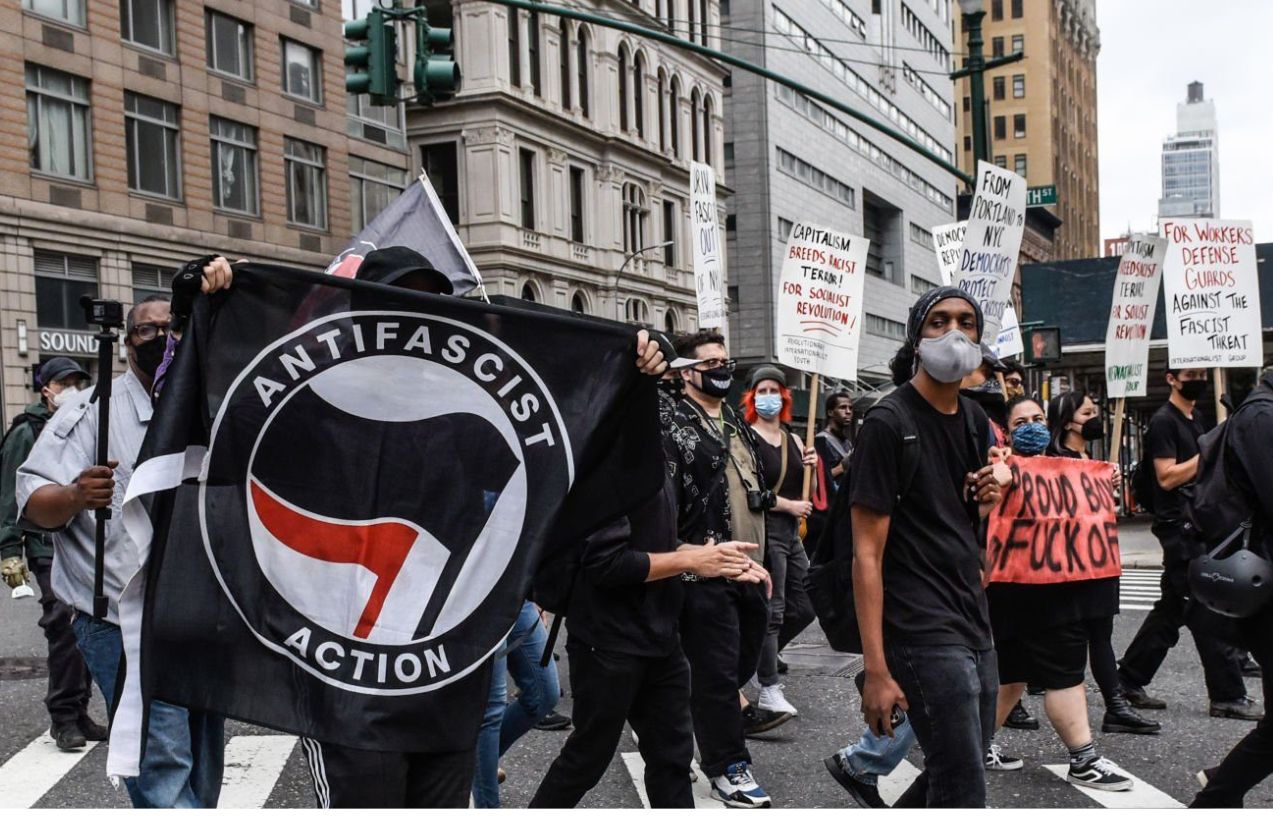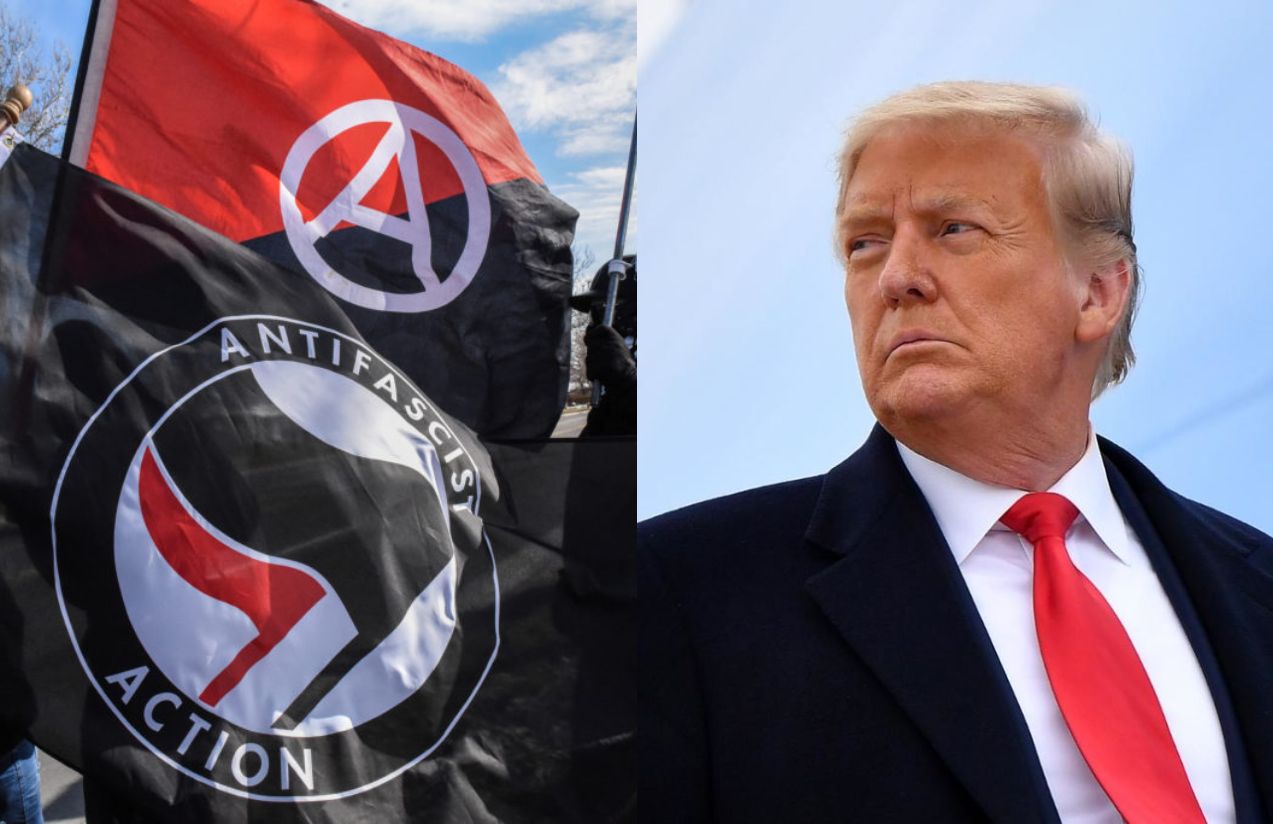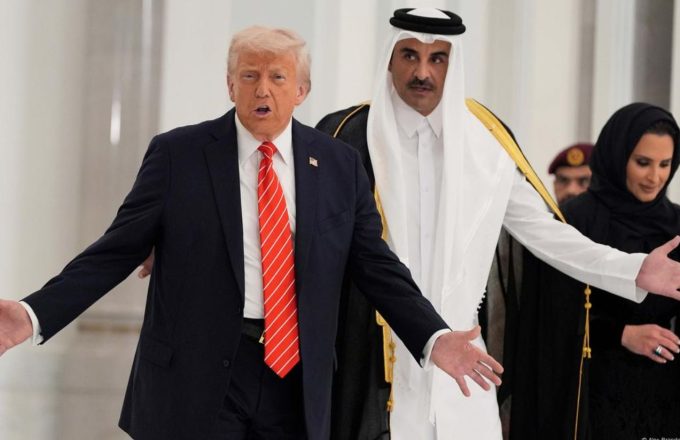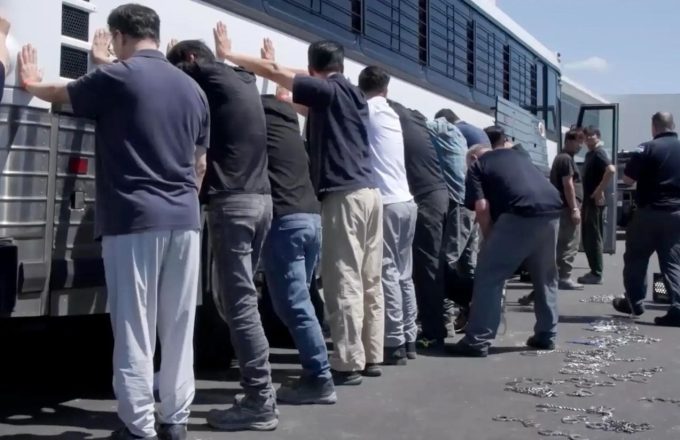U.S. President Donald Trump declared on Thursday that he plans to classify the Antifa movement as a “major terrorist organization.” Speaking from the United Kingdom and posting on social media, Trump described Antifa as a “radical left disaster, sick and dangerous.”
Antifa, short for “anti-fascists,” is not a single legally recognized entity but rather an umbrella term for various groups and activists who oppose fascism and neo-Nazis, especially during street demonstrations. It remains unclear how the administration would adapt federal law to include such a decentralized movement under this category.
Trump also stated that he would recommend investigating those who fund Antifa, “in accordance with the highest legal standards and practices.”

What legal barriers does this attempt face?
One of the main obstacles is that Antifa is considered a domestic movement, which excludes it from the State Department’s list of foreign terrorist organizations. Legal experts also warn that such a designation could clash with the First Amendment, given Antifa’s diffuse structure and its ideological rather than organizational nature.
This announcement comes amid rising political tensions following the murder of conservative activist Charlie Kirk. However, the administration has yet to detail the exact steps required to implement the designation or its potential legal scope.













